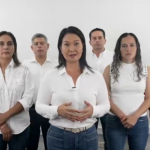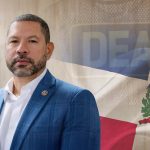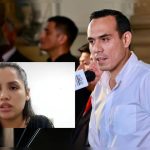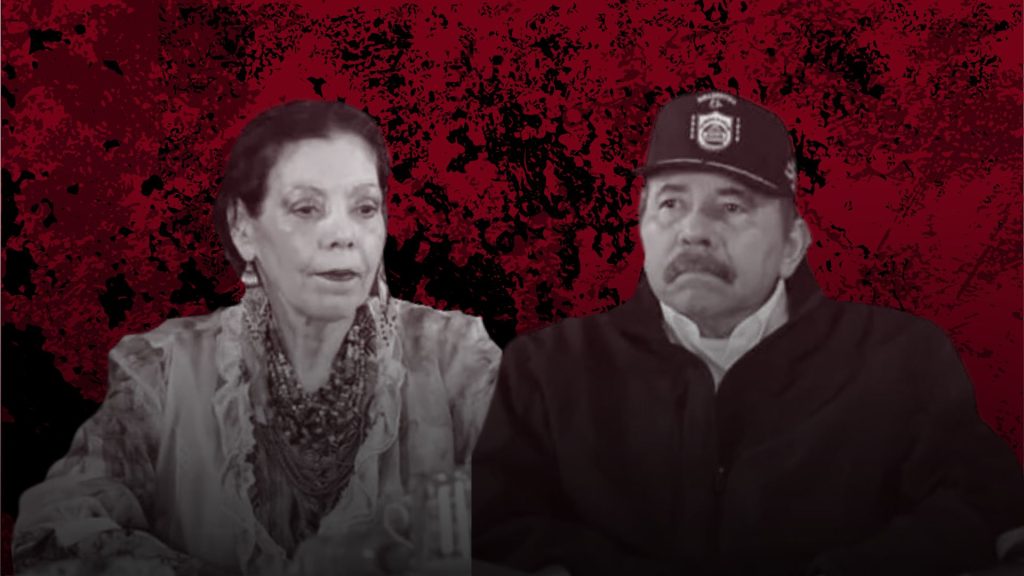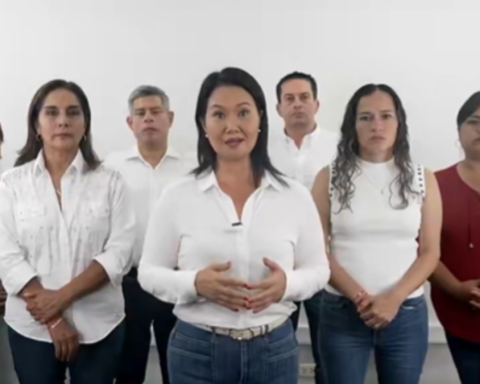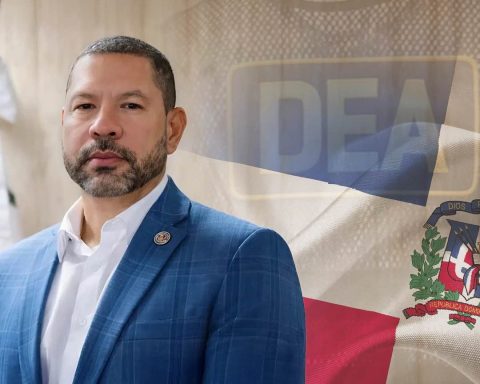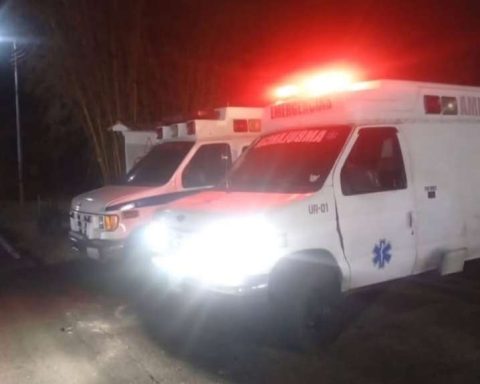AND
the cowardly murder of Priest Marcelo Pérez Pérez, parish priest of Our Lady of Guadalupe, in San Cristóbal de las Casas, Chiapas, is, as the poet Miguel Hernández wrote, a hard blow / a cold blow / a terrible ax blow
to the indigenous world of Chiapas and to the cause of peace.
Tsotsil of Chichelalhó, San Andrés Sacam’chen de los Pobres, Father Marcelo, defender of life, was born on January 17, 1974, in a peasant family of 11 siblings, in which his parents did not know how to read or write. He studied for five years at a boarding school and was trained in the very conservative diocese of Tuxtla Gutiérrez. On April 6, 2002, the bishop of San Cristóbal, Felipe Arizmendi, ordained him a priest. At the time of his murder he was one of the six indigenous priests working in the diocese (https://shorturl.at/27azy).
He was, despite his simplicity and humility, a shining star in the communities. He knew in depth the ins and outs of each conflict and associative process in Los Altos.
In addition to those who came to him for advice or guidance, hundreds asked him for help to resolve small, medium and large, personal and political matters. From freeing someone who was unjustly imprisoned or rescuing a woman violently taken from her community, to defending the last wetlands of San Cristóbal.
Father Marcelo became a priest in the heat of the flowering of the reconstitution of the native peoples. He had to exercise the priesthood when the community fabric fell apart. So, due to his nature and understanding, he was at the forefront of the serious social conflicts that shook San Andrés, Simojovel, Chenalhó, Chalchihuitán, El Bosque, Bochil, Pantelhó and Huitiupán. His roots and his leadership enabled him to do in the region what is more difficult for other religious people, coming from different cultural backgrounds and entities. His ability to move within the diocese was enormous, and the authority and respect given to him in the diocese of Tapachula was unquestionable.
He was always looking out for his mother, his people, his brothers from the Sierra and the Border, threatened by organized crime. Initially formed in a conservative environment, the Acteal massacre, in which paramilitaries savagely killed 45 members of Las Abejas who were praying for peace, enlightened him, converted him and led him to walk through other paths alongside indigenous people, democratic teachers, victims of violence and forced displacement. He connected his heart with the people. As Raúl Zibechi told in Ojarasca: I was afraid and I could see that in Acteal people are free. I am a shepherd, but the sheep are very brave. I joined with them to denounce impunity and fight against the Rural Cities project of the Juan Sabines government
.
His vocation and ability to evangelize yielded unexpected fruits. The last parish to which he was assigned, Barrio de Guadalupe, is an emblem for the authentic coletos, known for their conservatism. Although Base Ecclesial Communities (CEB) operate in the eastern periphery of the city, Father Marcelo achieved the feat of forming, among the non-progressive believers in his parish, peace committees, outside the CEB. On October 20, during the journey of his coffin from the prosecutor’s office to Guadalupe, many parishioners were genuinely moved. In the church a children’s choir said goodbye to him.
Priest Marcelo never considered himself part of liberation theology. His horizon came from the document of Aparecida 2007: lights for Latin Americaemerged from the fifth General Conference of Celam, which, from its perspective, indicates that the Church must be an advocate of justice and defender of the people. The priest’s lines of action had four axes: the reality faced, the word of God before it, the position of the church and the commitments that must be assumed. He stated: It is not enough to pray. Did Jesus just pray? A faith without works is a dead faith. The word of God must land on Earth; has an impact on real life
.
He warned his people: “You are the light of the world. They are the salt of the Earth. If the light is off, how are they going to illuminate economic, political and social life in daily life? Among many other struggles, he accompanied that of democratic teachers against Enrique Peña’s educational reform. He walked in their marches, spoke at their rallies, and advocated for them in his homilies.
On several occasions, chiefs, politicians and narcos They tried to kill him. In others, they put a price on their lives. First 150 thousand pesos, then 400 thousand, the third one million. The same hitmen confessed to him: Father, we dedicate ourselves to this. But not killing a father anymore. I don’t want to get my hands dirty
. The Inter-American Commission on Human Rights (IACHR) ordered the Mexican State to take precautionary measures in its favor, which, of course, were not carried out. The prosecution knew who intended to kill him.
Pérez knew what was at stake. If it doesn’t play, it doesn’t play. I know that at any moment something can happen to me. But my faith is greater than my death. Peace is worth risking your life
he observed.
A tireless fighter for peace, his ideology can be summarized in two signs: a piece of clothing and a melody. He wore, as a kind of civil habit, a T-shirt with the image printed on the front of Monsignor Óscar Arnulfo Romero, metropolitan archbishop of El Salvador, murdered in 1980 during the celebration of a Eucharist, canonized in 2018. His favorite song was It is not enough to prayfrom the Venezuelan musical group Los Guaraguo.
He explained to his parishioners the deep roots of his mission. The system we have wants violence, not justice
he said. This system is not human. Peace unites us. We must seek to build a system that humanizes us.
Yesterday, his people planted Father Marcelo on their lands. His murder leaves enormous pain and emptiness. These are days of mourning for the native peoples and of anxiety for Chiapas.
Twitter: @lhan55





